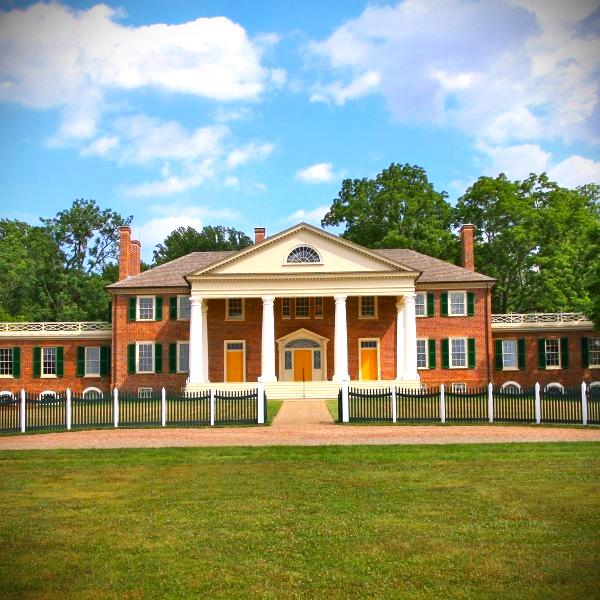

Divine Deeds and Legal Demands: Dolton’s Secretive Bid for Pope Leo XIV’s Boyhood Home
Village attorney invokes eminent domain as mayor negotiates behind closed doors, leaving trustees in the dark
In a surprising twist of municipal maneuvering, the Village of Dolton finds itself at the center of a growing controversy over the childhood home of Pope Leo XIV a relic of religious history nestled quietly in the south suburban community.
While the property’s sacred legacy might suggest reverence and unity, recent developments reveal a different story: potential legal battles, secretive negotiations, and a governing board left largely in the dark.
Mayor Jason House has been quietly working to broker a deal for the historic property, initiating what his office calls “preliminary acquisition steps.” Yet, even as these discussions move forward, the village’s legal team appears to be taking a drastically different approach.
In a letter sent to the property’s current owner, prominent village attorney Burt Odelson invoked the possibility of using eminent domain a legal strategy typically reserved for essential infrastructure or public safety to force the sale of the house. “If amicable resolution cannot be reached,” the letter states, “the village is prepared to pursue legal remedies to secure the site in service of its cultural and historic value.”
The unusual fusion of spiritual legacy and legal force has raised eyebrows not only among local residents but also among Dolton’s own trustees, who say the potential purchase has yet to be discussed at any open or official meeting.
“We’re being blindsided,” said one trustee, speaking on the condition of anonymity. “A property with this kind of historical weight deserves transparency, not executive fiat.”
The motivation behind acquiring the property remains a matter of speculation. Some suggest Mayor House envisions a community museum or heritage center. Others worry about political showmanship leveraging the Pope’s birthplace to bolster legacy and local pride ahead of future elections.
Meanwhile, residents are left wondering how a sacred site became a silent battlefield for municipal power plays.
“It’s poetic, in a way,” said longtime resident Marsha Ellington. “A Pope’s humble beginnings now caught up in pride, politics, and property law.”
Despite the drama, one thing is clear: before any “Amen” is said on this acquisition, Dolton’s leaders may first need to face their own congregation and the public and answer for the way this holy house hunt began.
Whether it ends in consecration or condemnation, the village’s pursuit of Pope Leo XIV’s childhood home is shaping up to be a story worthy of both canon and courtroom.































